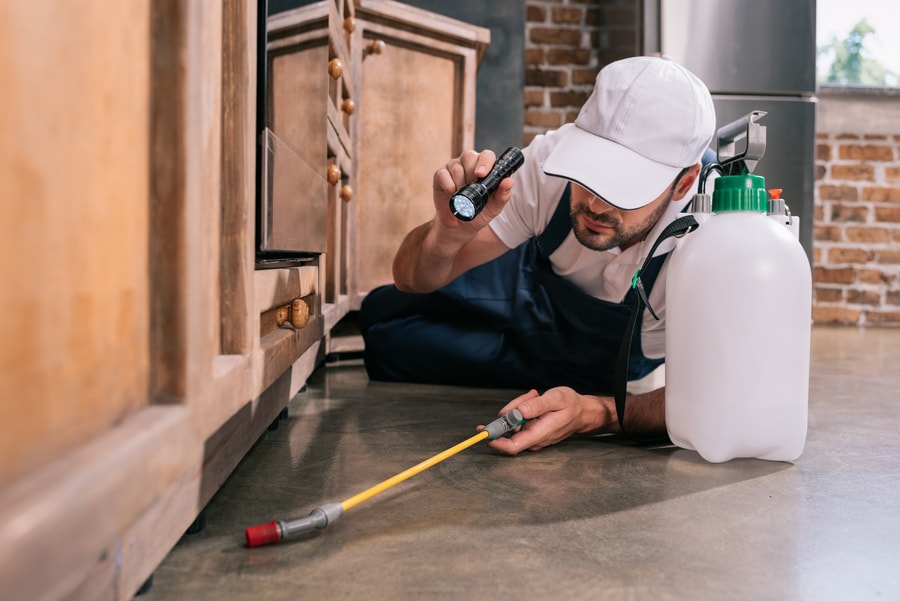When Are Pesticides Used?
Pesticides are applied to control pests and weeds on lawns, gardens, and other areas of your property. There are many different times to apply these chemicals. You can apply them during the winter months, on windy days, or at any time of year. Here are some things you should know before applying any chemicals to your lawn or garden.
(Searching in Google “exterminator“? Contact us today!)

Pesticides are chemicals that can be harmful to the environment and people. They can be found in the environment and in people’s eyes and mouths. It is important to get rid of the pesticides if you find them, clean up the area where they were found, avoid getting them in the eyes or mouth, and use the right apparatus to collect them.
In winter
Pesticides applied to your lawn should be stored between 40 and 100 degrees Fahrenheit. You should read the labels of the pesticide products you use carefully to determine what temperatures are appropriate for application and storage. Pesticides that can be stored in low temperatures should be stored in a cool, dry, well-ventilated location.
The growth of pests during the winter months is slow. Therefore, you don’t need to rotate pesticides and mitigating agents as frequently as you need to in the summer.
On windy days
It’s important to consider the weather when determining when and where to apply pesticides. In general, farmers should avoid applying pesticides on windy days, as they are less effective. For example, it is not recommended to spray volatile pesticides during the midday hours if the wind speed is over 10 mph or when the temperature is above 85 degrees F.
Windy days can also cause a drift of pesticides. This is due to a phenomenon called temperature inversion. This is a situation where the air near the ground cools at night and rises in the daytime. Because of this, the air cannot mix with the warmer air above it, and spray droplets are left in a concentrated mass and can drift away from the target. If this happens, the pesticide will drift into neighboring lawns or fields.
On weeds
To control weeds, farmers apply a variety of herbicides. These pesticides kill various kinds of bugs and grubs and are especially useful in humid regions because they can kill pathogens. They include both active ingredients and inert ingredients. Herbicides can be applied during plant growth or post-emergence.
On pests
Pesticide application is the practical process of delivering pesticides to a crop or garden to control pests. The process uses herbicides, insecticides, fungicides, and nematode control agents. It has become increasingly important to apply these chemicals in an efficient manner, so as to minimize the number of pesticides released into the environment and human exposure. Rational pest management includes a variety of disciplines and technologies to optimize the use of these chemicals.
While many pesticides are effective, they can cause harm to people and the environment. Therefore, it’s crucial to choose the appropriate pesticide for your needs. The best pesticide for your garden depends on the type of pest you’re trying to control, and the best way to use it. Some chemicals are highly toxic to humans, while others are relatively safe for the environment. Insecticides are applied to kill pests in their early stages of development.

